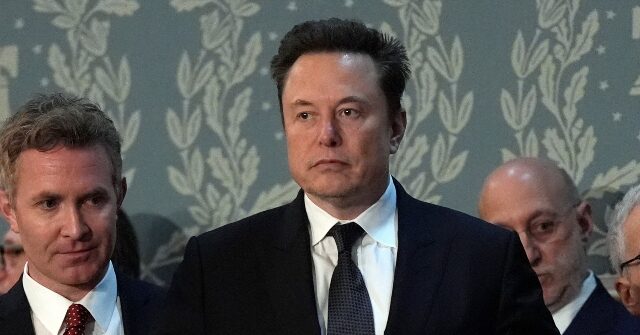Xavier Musk, who has adopted the name Vivian Wilson, expressed a desire to leave the United States following the reelection of President Donald Trump. As the estranged son of Tesla CEO Elon Musk, Xavier has publicly identified as a transgender woman and has been vocal about his disillusionment with the current political climate in the U.S. In a post on Threads, he articulated his decision, indicating that he no longer sees a future for himself in the country. His sentiments reflect an underlying frustration with what he perceives as an unwelcoming environment for individuals like himself, particularly in light of Trump’s victory and the potential for anti-trans regulations.
This announcement indicates a significant personal transformation for Xavier, who legally changed his name and gender in 2022 as part of an effort to distance himself from his father. This estrangement has been exacerbated by Elon Musk’s public political stances, as he has been a vocal supporter of Trump and traditional conservative values. In his social media post, Xavier noted that even if Trump were to serve only a four-year term, the divisive mindset of the electorate would linger, contributing to a culture that he finds increasingly hostile and intolerant.
The complex dynamics of Xavier and Elon Musk’s relationship have sparked considerable public interest. In the wake of Xavier’s transition, he filed for a name change that would sever ties with his father, emphasizing the personal conflict that has arisen from their differing beliefs. Musk’s involvement in Trump’s campaigns has seemingly deepened this fracture. He attributes the ideological gap between him and his son to what he calls “neo-Marxists” in educational institutions, suggesting that Xavier’s progressive views are a product of the influence of elite schools that promote “woke” ideologies.
In a candid interview, Musk expressed his anguish over the loss of his relationship with Xavier, declaring emotionally that he had “lost [his] son.” Conversely, Xavier has characterized his father as cold and narcissistic, revealing the pain and turmoil that have defined their interactions. The contrast in how each views their relationship adds another layer of complexity to their narrative, with Xavier recounting painful memories of feeling rejected and criticized by Musk during his childhood.
Moreover, Xavier has challenged his father’s portrayal of his transition, particularly Musk’s claim that he was misled into supporting trans-related medical treatment. Xavier adamantly asserted that Musk was fully aware of the implications and side effects of these medical decisions at the time, pushing back against the narrative Musk has constructed to frame the story of their relationship. This detail sheds light on the contentious nature of their discussions about identity and acceptance.
In summary, the rift between Xavier and Elon Musk illustrates the broader societal conflicts surrounding gender identity and political affiliation in contemporary America. Xavier’s decision to leave the U.S. underscores his feelings of alienation within a political context he believes to be increasingly antagonistic. The personal struggles faced by the Musk family provide insight into the challenges of navigating such issues in the public eye, as well as the lasting impact of political climates on individual relationships within families. As the conversation around gender and identity continues to evolve, the experience of high-profile figures like Xavier serves to highlight the complexities many face in their personal journeys.

